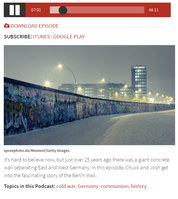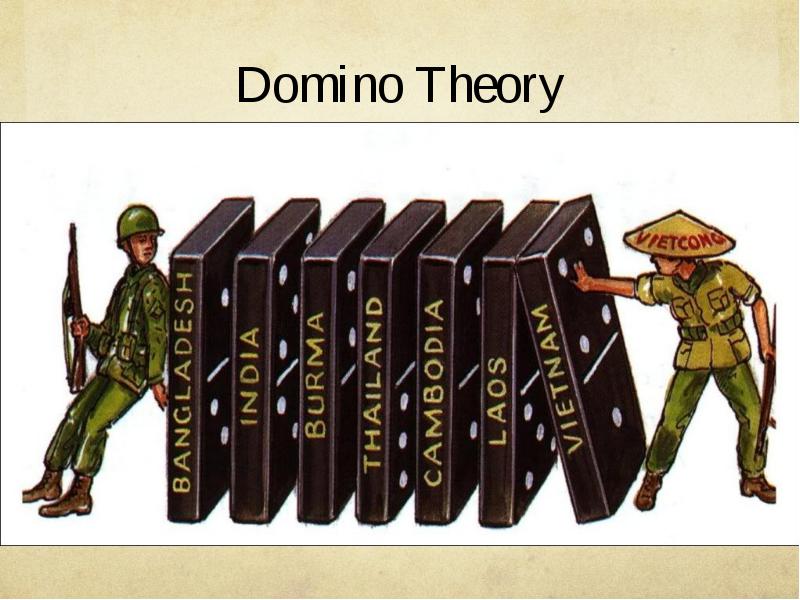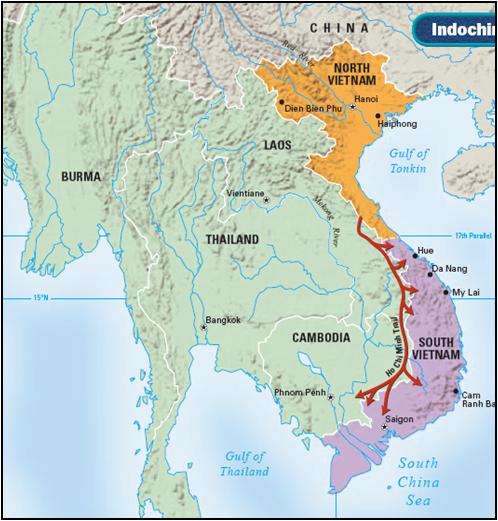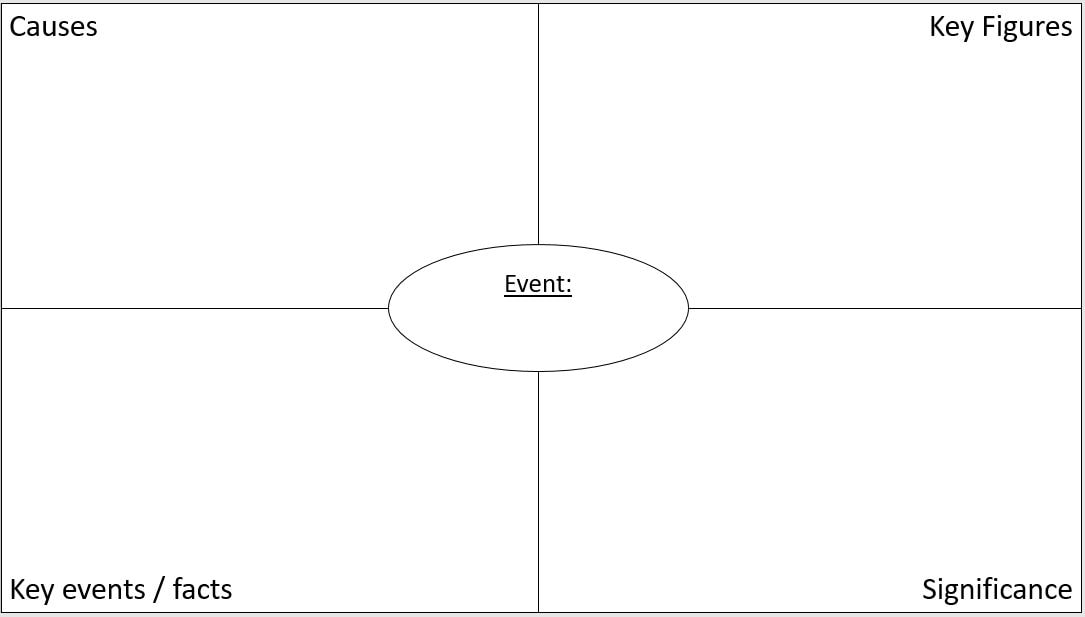A. CRISIS 1: THE BERLIN BLOCKADE 1948/9
A) GETTING AN OVERVIEW:
Listen to the podcast below up to ad break around 15 mins .
Here is the youtube link if necessary: https://www.youtube.com/watch?v=xk_Ybh4mWCQ. It is also saved in s-drive.
) Use the Cornell note taking frame to record: focus is 'what were the key features of the Berlin Blockade?'
ii) Focus notes on Long Term Causes (Cold War generally), German reasons (not just East), Soviet Reasons, Key Features of what happened
ii) While I like this podcast series generally, this is a controversial episode from our point of view. Go through your notes and identify areas of very orthodox interpretation - i.e. the West is not responsible, especially in the early part.
Here is the youtube link if necessary: https://www.youtube.com/watch?v=xk_Ybh4mWCQ. It is also saved in s-drive.
) Use the Cornell note taking frame to record: focus is 'what were the key features of the Berlin Blockade?'
ii) Focus notes on Long Term Causes (Cold War generally), German reasons (not just East), Soviet Reasons, Key Features of what happened
ii) While I like this podcast series generally, this is a controversial episode from our point of view. Go through your notes and identify areas of very orthodox interpretation - i.e. the West is not responsible, especially in the early part.
| |||||||
B: GOING DEEPER:
|
For this activity, you will be given one of the two sets of resources below. You will use them to complete the summary frame to the right (step 1 will be to condense your Cornell frame notes into it). |
| ||||||
|
CNN Cold War: Berlin.
How did the post war settlement affect the Berlin Crisis? Who was responsible for the tension? Why did Stalin take the choice he did? What does the US response highlight? How would this be interpreted by Orthodox / Revisionist / Post Revisionist historians? |
|
B. CRISIS 2: THE CUBAN MISSILE CRISIS
eAs you study the Cuban Missile Crisis, remember to recap everything we have done on the 1950s - containment, New Look, Peaceful Co-existence, U2, Peace Summits, Berlin Wall. Remember , this unit seeks to get you to identify comparisons between crises - are there similarities in themes? (e.g. are they caused by the wider events of the Cold War or local events?)
|
1. Open the 'Cuban Missile Starter doc' opposite - there are videos linked to through activehistory - you may therefore need the login: wishistory and the password: history89
2. Open the 'Cuba Missile Crisis Research Frame doc' opposite. Follow the instructions carefully and listen to the lecture.
Link to lecture |
| ||||||||||||
3. Additional Reading Articles
| the_cuban_missile_crisis-_evolving_historical_perspectives_by_william_j._medland.pdf | |
| File Size: | 2317 kb |
| File Type: | |
|
|
| ||||||||||||||||||
|
CNN Cold War Series; Cuba:
- How does the video suggest the crisis emerged? - What importance is placed on the role of Robert Kennedy? - Why is the blockade seen as critical in buying time? - How far do you agree with the conclusions drawn about who 'won' the crisis | ||||||
C. The Vietnam War
The Vietnam war differs from the other crises due to its length which brings in complexities. However there are many thematic similarities which make it a good case study for this section, particularly focusing on the American policy of containment, use of puppet leaders and wars using proxy forces.
It is important to get an overview on the causes of the American involvement between 1945 and 1954, the growing involvement of the Americans in South Vietnam between 1954 and 1964 and then the fighting involving US troops between 1964 and 1973, finally the war continued after the Americans left in 1973, ending eventually with the defeat of the South Vietnamese in 1975 and unification of Vietnam under a socialist government.
It is important to get an overview on the causes of the American involvement between 1945 and 1954, the growing involvement of the Americans in South Vietnam between 1954 and 1964 and then the fighting involving US troops between 1964 and 1973, finally the war continued after the Americans left in 1973, ending eventually with the defeat of the South Vietnamese in 1975 and unification of Vietnam under a socialist government.
Look at a photo essay of the Vietnam War to get an understanding of the war and its effects: https://www.theatlantic.com/photo/2015/03/the-vietnam-war-part-i-early-years-and-escalation/389054/.
Some of the pictures are graphic so use as directed by your teacher.
If the link does not work, type "photo essay vietnam war" into Google and find your own example
Some of the pictures are graphic so use as directed by your teacher.
If the link does not work, type "photo essay vietnam war" into Google and find your own example
Use the handout below, "Vietnam Terms", to keep track of the terminology involved in the Vietnam Cold War crisis
| vietnam_terms_worksheet.docx | |
| File Size: | 14 kb |
| File Type: | docx |
| vietnam_a_television_history_worksheet_cold_war_beginnings.docx | |
| File Size: | 14 kb |
| File Type: | docx |
|
|
A good introduction to the conflict. Watch the first section of the video to build up an idea of who the actors were, what the background to Indochina was and why the problem the Vietminh faced. (Ask your teacher for a copy of the video if need be. It's in the HL folder in S drive)
Use the worksheet above to record your ideas. The sections you should watch are mentioned in the video. Once you have watched the video, answer these 4 questions: 1. How did the first Indo-China War become an international war? 2. Why did both sides feel confident at DBP? 3. How did Vietnam fit into the Cold War context? 4. What did the Geneva Conference achieve? |
The background to the conflict
Find out more about the background to the conflict by reading the timeline here. Rewrite the timeline deciding on only 12 main points to include.
Click on the link to the Viet Minh in the timeline. Write a summary of who they were including their beliefs, aims and main successes and failures.
In a pair, click on the links to Charles de Gaulle and Ho Chi Minh. Read their stories, focussing on the time of the First Indochina War. Choose one person each. Write a 200 dialogue based on the idea: "WE are entitled to Vietnam". Perform it.
In a pair, click on the links to Charles de Gaulle and Ho Chi Minh. Read their stories, focussing on the time of the First Indochina War. Choose one person each. Write a 200 dialogue based on the idea: "WE are entitled to Vietnam". Perform it.
|
Use the reading pdf. to help guide you - present back on one of the 4 sections of the war. Make sure that in your presentation you answer the key questions for that section.
Musical interlude;
What do the two songs (Khe Sanh and I was only 19) infer were problems faced by troops fighting in Vietnam and what message do they have on the long term effects of the conflict? |
| ||||||||||||||||||
| vietnam_rogers_text_pp69-71.pdf | |
| File Size: | 248 kb |
| File Type: | |
What part did the Vietnam War play in the Development of the Cold War?
Use the Rogers and Mamaux texts (Mamaux is above and just called Vietnam pages), and the OSC pages below to do this diagram.
| osc_vietnam_essay_notes_impact_of_vietnam_wars.pdf | |
| File Size: | 197 kb |
| File Type: | |
Choose a quiz, word search or any other fun activity from this site to test your knowledge about Vietnam:
https://alphahistory.com/vietnamwar/vietnam-war-timeline-1946-1954/
https://alphahistory.com/vietnamwar/vietnam-war-timeline-1946-1954/
HL Students: More on the Viet Minh and the Geneva Accords:
To learn more about the Viet Minh, read the section of the John Wood textbook pp 16 to 30 but specifically pp16 to 22.
| john_wood_on_viet_minh_and_geneva.pdf | |
| File Size: | 1182 kb |
| File Type: | |
You may like to go to Alpha History Vietnam, to the Documents section and read the following 6 documents (you should be able to see links when you hover over the document titles):
-Viet Minh call to arms against the Japanese (March 1945)
-Ho Chi Minh’s declaration of independence for Vietnam (September 1945)
-Final declaration of the Geneva Conference on Indochina (July 1954)
-Pham Van Dong (North Vietnam) on Geneva and Vietnamese independence (July 1954)
-The White House’s response to the Geneva declaration (July 1954)Eisenhower’s letter of support to Ngo Dinh Diem (October 1954)Ngo ----Dinh Diem explains why he rejects national elections (July 1955)
Then, roleplay being at the Geneva Accords. The roles are the French, the Americans, the North Vietnamese under Ho, the South Vietnamese under Bao Dai. Consider motivations and ideological agendas.
-Viet Minh call to arms against the Japanese (March 1945)
-Ho Chi Minh’s declaration of independence for Vietnam (September 1945)
-Final declaration of the Geneva Conference on Indochina (July 1954)
-Pham Van Dong (North Vietnam) on Geneva and Vietnamese independence (July 1954)
-The White House’s response to the Geneva declaration (July 1954)Eisenhower’s letter of support to Ngo Dinh Diem (October 1954)Ngo ----Dinh Diem explains why he rejects national elections (July 1955)
Then, roleplay being at the Geneva Accords. The roles are the French, the Americans, the North Vietnamese under Ho, the South Vietnamese under Bao Dai. Consider motivations and ideological agendas.
To set the Vietnam War into the Cold War context, read the following document and examine the attitudes of other countries to involvement in Vietnam at different times.
You should be able to confidently comment on the attitudes of France, the USA, the USSR and China:
You should be able to confidently comment on the attitudes of France, the USA, the USSR and China:
| how_was_vietnam_affected_by_the_cold_war_osc.pdf | |
| File Size: | 237 kb |
| File Type: | |
D. PLAN AN ESSAY
Plan an essay using the dead fish planning doc below. The title is:
Assess the impact of two Cold War Crises, each chosen from a different region, on the development of the Cold War.
OR
Compare and Contrast the causes of two crises in the Cold War.
Assess the impact of two Cold War Crises, each chosen from a different region, on the development of the Cold War.
OR
Compare and Contrast the causes of two crises in the Cold War.
Cause of the crisis Events Consequences
Berlin Blockade (1949)
Korean War (1950-53)
Cuba (1959)
Berlin Blockade (1949)
Korean War (1950-53)
Cuba (1959)
| dead_fish_pdf_planning_frame.pdf | |
| File Size: | 1833 kb |
| File Type: | |



